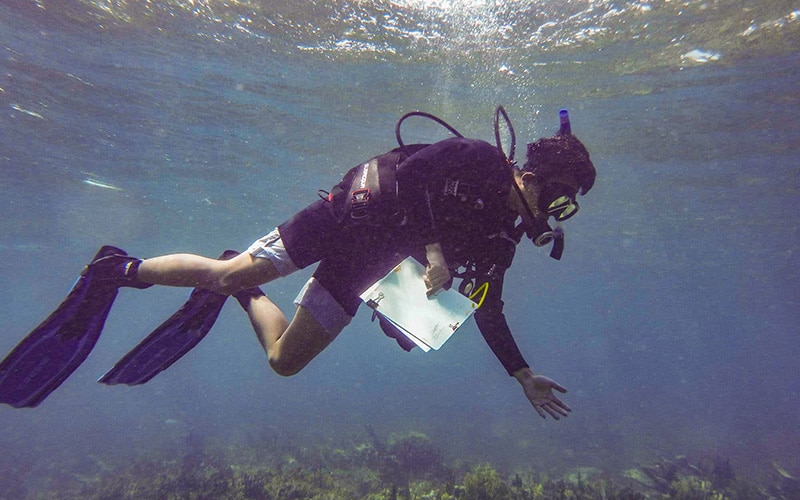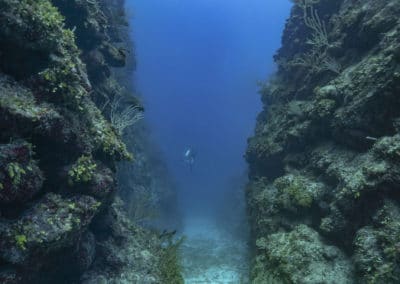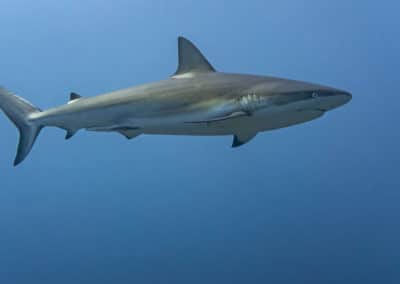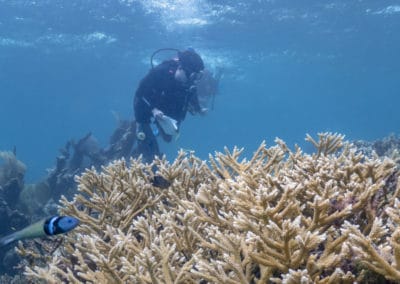Submitted by Nick An (Emory University)
For someone who’s deathly afraid of drowning, scuba diving was NOT on my bucket list of things to do. But I always had a fascination for the ocean sciences, even with my fear of drowning. So when the opportunity to study coral reefs in Belize came up through Keck, I decided to get over my fears for this once in a lifetime opportunity. Before we got out into the open ocean for the scuba certification, we spent the first week at Washington and Lee practicing scuba diving in the pool. It went okay at first… but at certain points I couldn’t master some techniques and the panics and doubts started settling in again, the fear lingering in the back of my mind. Many of my other team members seemed like naturals which only seemed to add onto my insecurities.
However, with extra sessions and encouragement by Karl, my scuba instructor, I felt that I was getting the hang of it. I felt more confident and although I was initially scared of doing the same techniques out in the ocean, I aced them! My professors and friends all cheered for me and it was honestly one of my proudest moments.
We went out beyond the reef crest on a 60 feet dive in the open ocean as our final “check out dive” to get the certification. It’s hard to fully put into words the awe I felt from the experience. It truly was like entering a different planet. The weightlessness from scuba diving felt I was drifting through space. I swam with sea turtles, watched as three reef sharks pass by, and saw bright fluorescent tube sponges. There were grand canyons at least 20 feet deep that we swam through. I don’t know why Ariel ever wanted to leave the ocean, because I could have stayed in this world forever (alas, there are oxygen limits).
The best part? I got to scuba dive every day for the rest of the two weeks in Belize as part of our field work. I couldn’t believe I was getting paid to do this research, being out and studying these beautiful and diverse coral ecosystems. We took more than a hundred pictures to calculate how much the corals were declining back in the lab as well as generating 3D models, along with marking down populations of other marine life such as algae, damselfish, and sea urchins that are important indicators of coral health. The time to leave Belize came too soon, but I walked out of it much more confident in myself and a much deeper appreciation for the ocean and coral reefs, as well as how fieldwork research can be used to help protect these vulnerable ecosystems.




